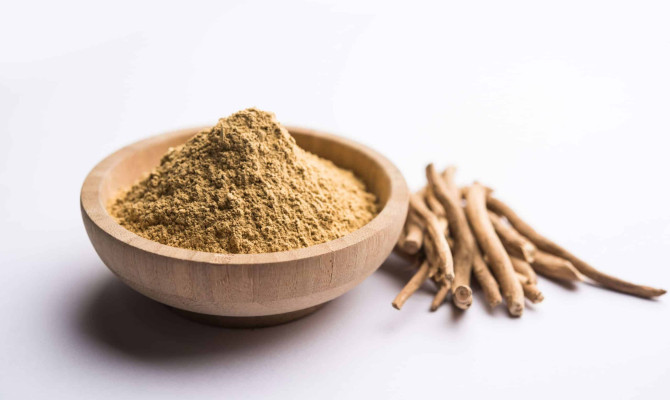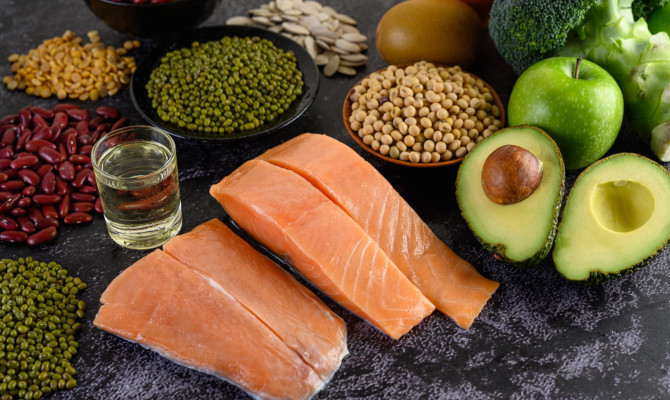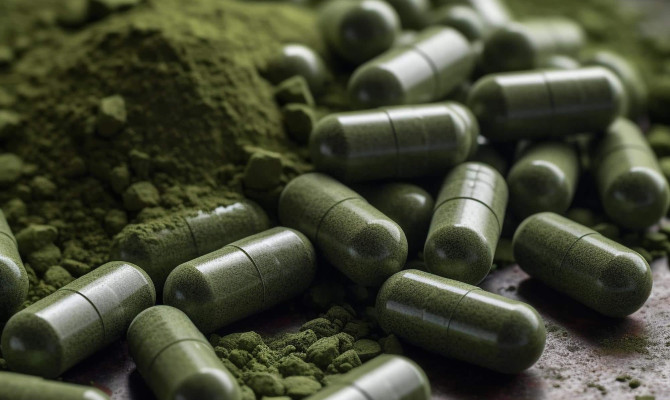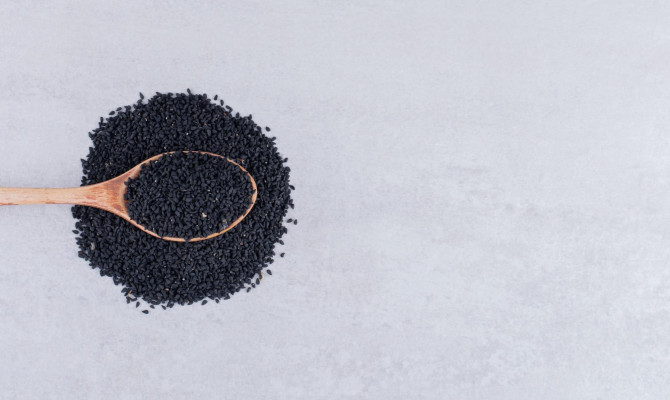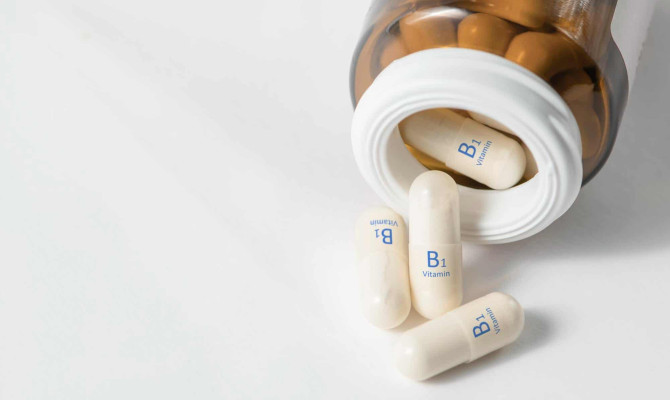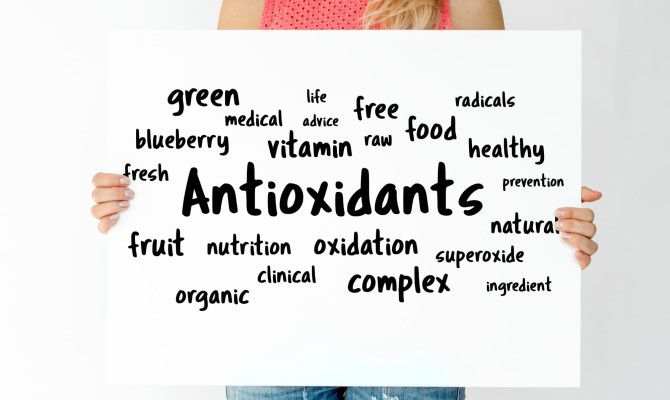Peptides For Bodybuilding: Safety & Effectiveness

- Peptides
- 19 Oct 2023
Introduction
Peptides for Bodybuilding
Peptides have gained significant popularity as a performance-enhancing adjunct within the bodybuilding world. Growth hormone secretagogues (GHS) have garnered significant attention due to their unique properties as peptides. Bodybuilders, as athletes, frequently strive to expeditiously and effectively modify their body composition. This phenomenon elucidates the rationale behind the widespread adoption of dietary supplements and other adjunctive measures by individuals striving to achieve their desired fitness and body composition objectives.

Peptides are frequently perceived as a comparatively organic substitute for anabolic steroids, and are commended for their capacity to enhance muscle mass, facilitate fat reduction, and optimize the efficacy of bodybuilding regimens. This article provides a comprehensive overview of peptides in the context of bodybuilding, encompassing an examination of their safety profile and efficacy. 2 Introduction| Researched based study from National Institutes of Health
Peptides
What are Peptides?
- Peptides are short chains of amino acids that are linked together by peptide bonds. They are considered to be the building blocks of proteins and play crucial roles in several biological processes.
- Peptides represent distinct chemical entities that have the potential to provide numerous advantages for a wide range of health-related illnesses and considerations.
- In recent years, there has been a notable increase in the popularity and overall interest surrounding the subject, attracting attention from scholars, health improvement enthusiasts, and the biohacking community alike. 2Understanding Peptides| Researched based study from National Institutes of Health
Benefits
Peptides Benefits
Multiple studies have provided evidence to substantiate the efficacy of diverse peptides across a spectrum of clinical domains, encompassing injury rehabilitation as well as the management of inflammatory and cardiovascular disorders. 3 Benefits| Researched based study from National Institutes of Health Peptides are currently being employed for:
- Muscle growth
- Weight loss
- Enhancement of the immune system
- Anti-aging
- Skin health
- Disease prevention
- Decreasing Inflammation
In addition to their numerous potential advantages, peptides provide acceptable safety profiles, and relatively low production costs, and serve as less invasive alternatives to conventional medical interventions. 3 Benefits| Researched based study from National Institutes of Health
Effectiveness
Are Peptides Good for Building Muscle?
Numerous variables influence the effectiveness of peptide treatment in promoting muscle growth. These encompass:
- Type of peptide used
- Recommended dosage
- Administration schedule
- Consistency in peptide administration
- Proposed exercise regimen
- Nutritional regimen
- Rest and recuperation
- Age, gender, and the present state of health.
Furthermore, it is important to note that there is currently limited data available to substantiate the efficacy of numerous peptides discussed below, particularly in relation to human beings. While the little body of research available shows encouraging results, there is currently no conclusive data supporting the capacity of these peptides to induce hypertrophy in healthy individuals. 4 Effectiveness| Researched based study from National Institutes of Health
- Instead of relying solely on peptide treatment for muscle growth, it might be seen as a supplemental component to a comprehensive muscle-building regimen.
- The administration of peptides may contribute to the creation of a conducive environment for muscle growth; nonetheless, it is improbable that muscle growth will occur solely as a result of peptide consumption.
- It is crucial to facilitate the body’s inherent healing mechanism by inducing muscular tissue damage through strength training, followed by appropriate recovery measures that enable the muscles to undergo healing. This is the location where the process of muscular hypertrophy occurs.
Mechanism
How do Peptides Work?
- Peptides serve as catalysts for intercellular communication, facilitating the transmission of information and signals within the physiological framework to initiate the secretion of hormones and execute a multitude of vital biological processes. 3 Mechanism of Work| Researched based study from National Institutes of Health
- At the most fundamental level of cellular activity, these molecules provide instructions to the body to engage in many physiological processes, including the synthesis of collagen and elastin, which are crucial for maintaining the appearance of youthful skin.
- Additionally, they serve the purpose of signaling the body’s endocrine system to initiate hormone production. Hormones serve as the body’s communication system, responsible for regulating crucial aspects of human life, including stress management, sexual function, and growth.
Effect on cortisol
- One illustration of this phenomenon involves stress hormones such as cortisol, which can impede the process of reducing abdominal fat and promoting muscle growth. Additionally, these chemicals have the potential to induce feelings of stress.
- Specific peptides have the potential to disrupt excessive cortisol synthesis, resulting in a reduction in cortisol levels and facilitating the cessation of the body’s fight-or-flight response.
- The modulation of specific hormonal routes and manifestations is not achieved directly. A decrease in cortisol levels within the body enables the allocation of energy reserves and resources to more advantageous purposes, such as muscle growth.
- When cortisol levels are reduced, the body can prioritize more effective post-exercise recovery.
Effect on muscle growth
- Peptides can significantly contribute to enhancing muscle growth and improving physical appearance.
- A notable advantage is the reduction of abdominal fat, leading to enhanced abdominal muscle visibility, such as the development of well-defined abs.
- Additional peptides have the potential to enhance immune function and mitigate inflammation, hence offering advantages to athletes striving for optimal health and muscular development.
- It is worth noting that exercise itself also contributes to the reduction of inflammation. There are additional peptides that exhibit a more direct impact on the acceleration of fat loss and muscle building.
- These endogenous molecules are situated within the innermost layers of the body’s regulatory mechanisms, and it is quite remarkable to consider that their modulation can be influenced by dietary intake. 4 Mechanism| Researched based study from National Institutes of Health
Effect on tissues
- Peptides have the ability to traverse biological tissues. Hence, these substances have gained significant popularity as constituents in skincare products, mostly employed in topical applications to enhance collagen production and promote skin suppleness.
- When administered orally or by injections, peptides possess the ability to efficiently penetrate tissues, enabling them to reach their intended destinations quickly.
Best Peptides
Which Peptides are Best for Muscle Growth?
The two most widely recognized options are growth hormone secretagogues (GHS) and growth hormone-releasing (GRHG) agonists. 4 Best Peptides| Researched based study from National Institutes of Health Growth hormone secretagogues (GHS) peptides stimulate endogenous production and release of human growth hormone (HGH).
Conversely, growth hormone-releasing (GRHG) agonists facilitate muscle growth by augmenting growth hormone synthesis and targeting specific receptors. It is worth noting that GRHG agonists may possess potential anti-cancer properties, highlighting the intricate interconnections within the human body. 4 Best Peptides| Researched based study from National Institutes of Health
However, it is worth considering several other intriguing peptides, either individually or in combination. Within this group:
- Body-protecting compound 157 (BPC-157)
- Tesamorelin
- Ipamorelin
- Amlexanox/TTA
- Collagen peptides
Body-protecting compound 157 (BPC-157)
- BPC-157 is a peptide that has been found to possess the potential to enhance the process of wound healing, subsequently facilitating muscle growth.
- It is well-established that muscles undergo growth by means of a cyclic process involving tearing and subsequent self-repair.
Tesamorelin
- Tesamorelin, a peptide known as GHRH, exerts a potent effect on the pituitary gland by promoting the elevation of IGF-1 levels.
Ipamorelin
- Ipamorelin functions through the inhibition of somatostatin, a regulatory peptide that impedes endogenous growth hormone synthesis in the body.
Amlexanox/TTA
- Amlexanox/TTA is a potent anti-inflammatory agent that has appetite-suppressing properties and has the potential to increase immune function.
- This implies that individuals who encounter difficulties in restricting their caloric intake while simultaneously making progress in muscle development may find this specific peptide beneficial in attaining their bodybuilding objectives while experiencing a sense of fullness.
Collagen peptides
- Collagen peptides possess the capacity to maintain joint integrity and facilitate optimal joint functionality, hence serving as a crucial factor in promoting muscle growth. 5 Best Peptides| Researched based study from National Institutes of Health
Side Effects
Peptides for Bodybuilding: Side Effects
The world is currently in the nascent stages of the peptide revolution. The utilization of any substance that has an impact on the hormonal system should be approached with caution, as our current understanding of the interplay between different substances and their effects on hormone levels may still be incomplete. 1 Side Effects| Researched based study from National Institutes of Health
- Further investigation is warranted to ascertain the presence of any notable adverse effects associated with the utilization of peptides.
- With that being stated, peptides appear to be a safer option in comparison to human growth hormone (HGH) or steroids.
- The expectation is that by instructing the body to enhance its signaling for increased hormone production, as opposed to artificially inundating it with hormones, peptides are anticipated to exhibit fewer notable adverse effects compared to alternative substances for promoting muscle growth.
- Certain individuals have indicated the absence of any adverse effects, but others have reported experiencing side effects such as fluid retention and a modest elevation in blood glucose levels.
Differences
Are Peptides Better than Steroids?
Functional differences
- It is produced and released by the pineal gland, and it plays a significant role in promoting muscle growth.
- Human Growth Hormone (HGH) does not exert its effects in a direct one-to-one manner. However, similar to other peptides that promote muscle growth, HGH stimulates the liver to secrete Insulin-like Growth Factor 1 (IGF-1).
- Insulin-like growth factor 1 (IGF-1) has the potential to enhance muscle development; nevertheless, excessive levels of IGF-1 can result in the onset of a medical illness known as acromegaly.
- The direct administration of human growth hormone (HGH) can often result in an over-intake of the drug, hence potentially causing significant health complications. 1 Differences| Researched based study from National Institutes of Health
Medical uses
- Excessive administration of human growth hormone (HGH) can also facilitate the development of some malignancies, as well as contribute to the onset of cardiovascular ailments and diabetes. Additionally, the injections necessary for HGH supplementation may pose a risk of thrombotic events.
- The World Anti-Doping Agency has prohibited the use of HGH. Therefore, it is ill-advised to consider utilizing or misusing this substance if one intends to participate in bodybuilding competitions. Ultimately, although human growth hormone (HGH) may engender the appearance of increased muscle mass, its efficacy in enhancing athletic performance remains uncertain. 1 Differences| Researched based study from National Institutes of Health
- In conclusion, it is advisable to abstain from the use of human growth hormone (HGH) due to considerations pertaining to ethical implications, health concerns, and legal constraints.
Direct effects
- The direct consumption of HGH can potentially disrupt endogenous HGH production.
- It is advisable to consider the utilization of substances such as peptides, since they facilitate endogenous production through a naturally occurring process that may be regulated by the body itself.
- The human body relies on peptides for proper physiological functioning.
- Providing the appropriate peptides for consumption and subsequent protein synthesis, including muscle growth, is a more inherent approach compared to the consumption of human growth hormone (HGH), which is prohibited in numerous countries, hence limiting its feasibility.
In the present context, the term “steroids” refers specifically to anabolic steroids. These medications differ from those typically prescribed for arthritis or lupus, as the latter are corticosteroids. According to the U.K. National Health Service, corticosteroids are synthetic derivatives of hormones naturally secreted by the adrenal glands, two small glands located above the kidneys. Synthetic derivatives of testosterone are present.
Safety
Are Muscle Peptides Safe?
- The existing body of literature does not provide sufficient evidence to determine the safety of using GHSs in both the short and long term.
- The safety of these interventions has been assessed by limited-scale and brief research endeavors. Hence, it is imperative for scientists to do further extensive research to examine the safety of GHS. 1 Safety| Researched based study from National Institutes of Health
- The utilization of GHS may result in several prevalent adverse effects, including heightened appetite, raised blood glucose levels, and fluid retention.
- Growth hormone secretagogues (GHSs) have the potential to reduce the body’s responsiveness to insulin, hence posing challenges in maintaining optimal blood glucose levels.
- At the present time, the Food and Drug Administration (FDA) has exclusively granted approval for a limited number of variants of GHS for the purpose of treating particular medical diseases exclusively through prescription.
- Growth hormone secretagogues (GHSs) are presently included on the roster of prohibited substances by the World Anti-Doping Agency. 1 Safety| Researched based study from National Institutes of Health
- Engaging in such behavior carries inherent risks, as the potential consequences for their long-term well-being remain uncertain, and the ability to assess the efficacy and reliability of the acquired supplement is exceedingly challenging.
- Due to many factors, the utilization of GHSs for off-label or nonprescription purposes is deemed unsafe.
Takeaway
Peptides for Bodybuilding: Little Evidence is Available
Peptide supplementation is frequently advocated by companies in the health and fitness industry as a means to enhance muscle hypertrophy, facilitate adipose tissue reduction, and optimize exercise performance and post-workout recuperation. Nevertheless, a significant body of research does not support a substantial number of these assertions. Limited empirical research exists about the impact of peptides on highly trained individuals such as bodybuilders.
Furthermore, it is important to note that GHS peptides are presently prohibited as a performance-enhancing substance in the realm of professional sports, and there exists less knowledge of their potential risks and safety implications over an extended period of time. The utilization of these substances may also give rise to health-related issues, and their current authorization is limited to addressing a small number of specific medical ailments. Due to many factors, it is not advisable to engage in the off-label or nonprescription utilization of GHS peptides among bodybuilders.
Any feedback on this article?
 This Articles content was accurate
This Articles content was accurate Very Informative Article
Very Informative Article I have a question or a comment
I have a question or a comment
 This article contains inaccurate content
This article contains inaccurate content This article was not helpful
This article was not helpful I have a question or a comment
I have a question or a comment
We appreciate your helpful feedback!
Checkout our social pages
References
-
National Institutes of Health
Side Effects | Differences | Safety
-
National Institutes of Health
Introduction | Understanding Peptides
-
National Institutes of Health
Benefits | Mechanism of Action
-
National Institutes of Health
Effectiveness | Mechanism of Action | Best Peptides
-
National Institutes of Health
Best Peptides













